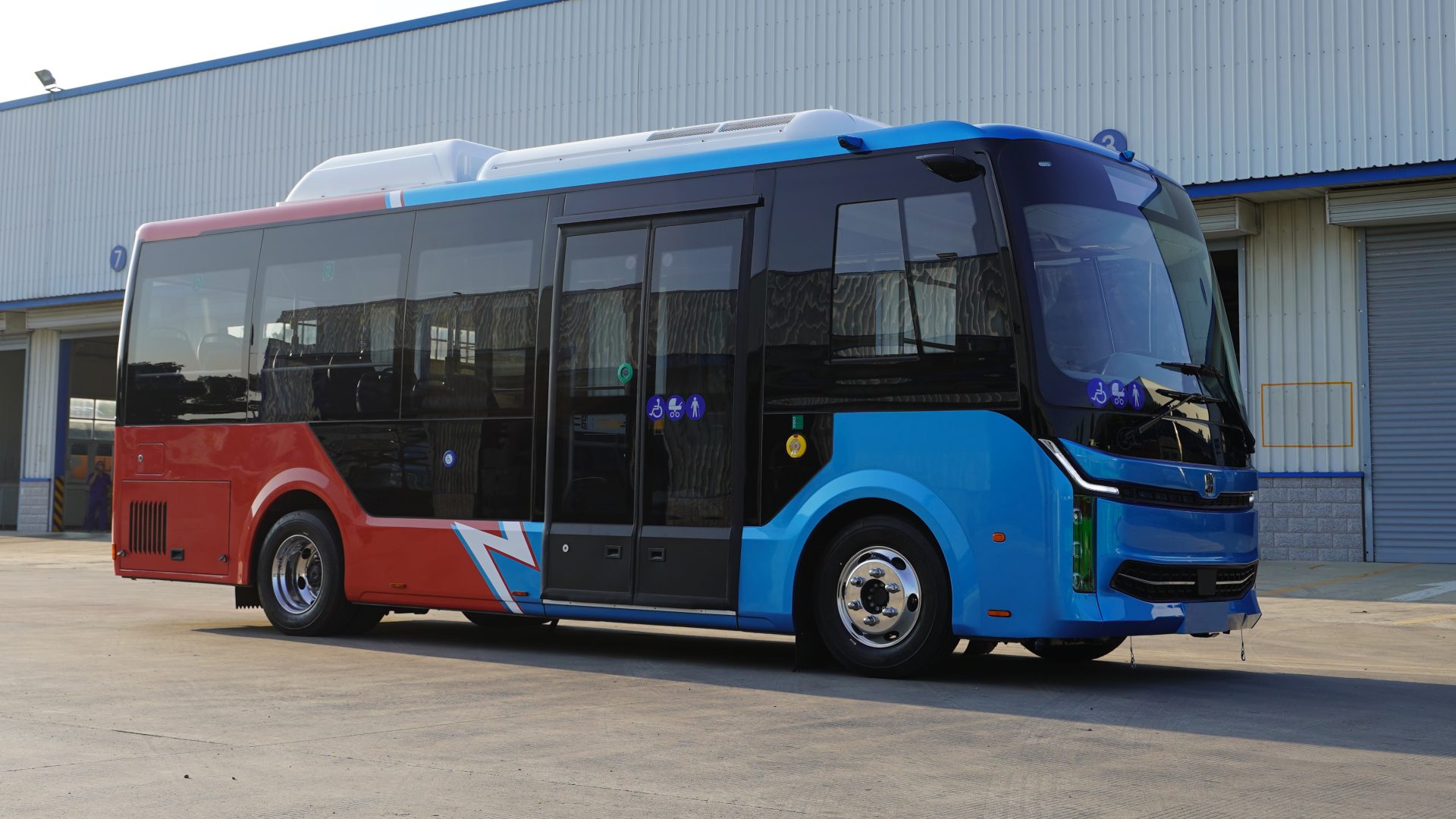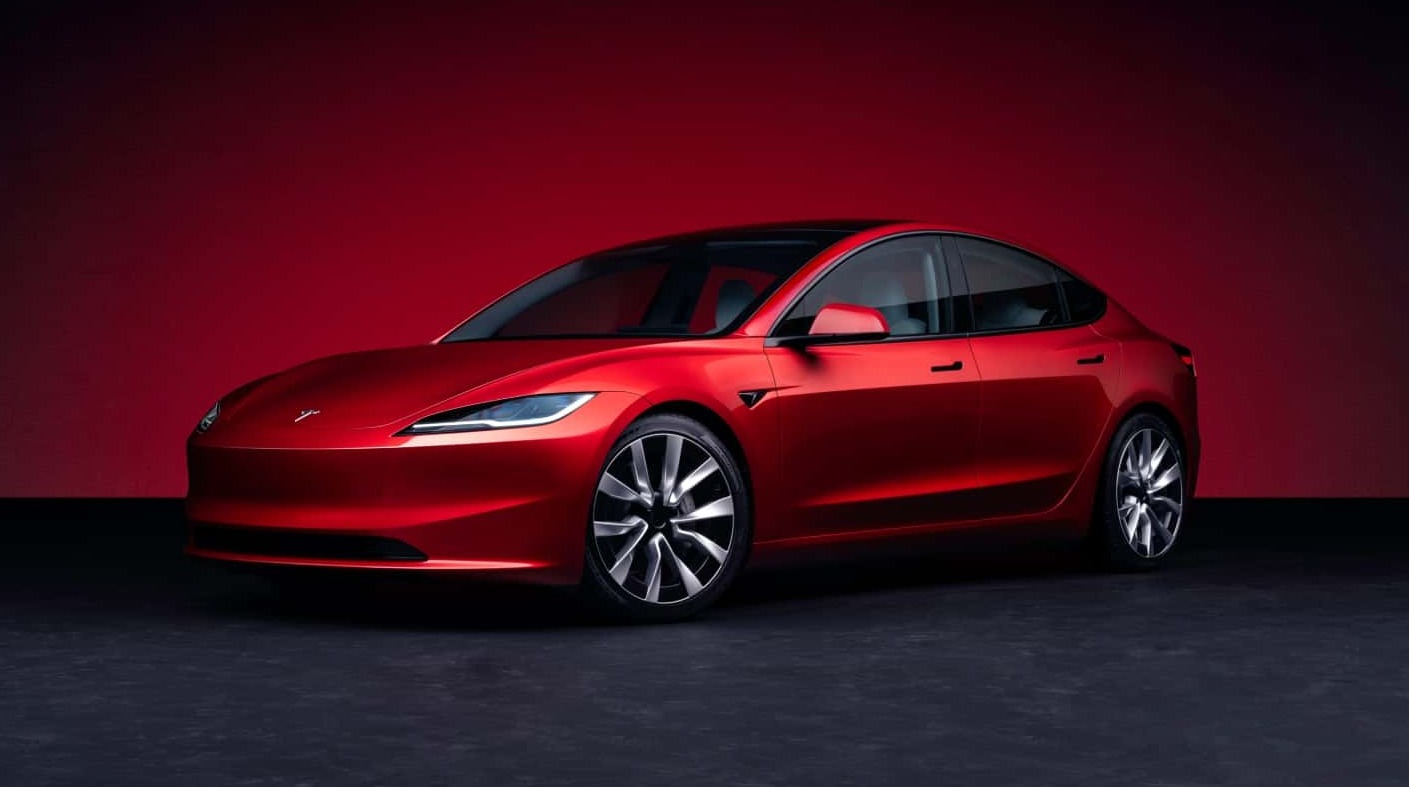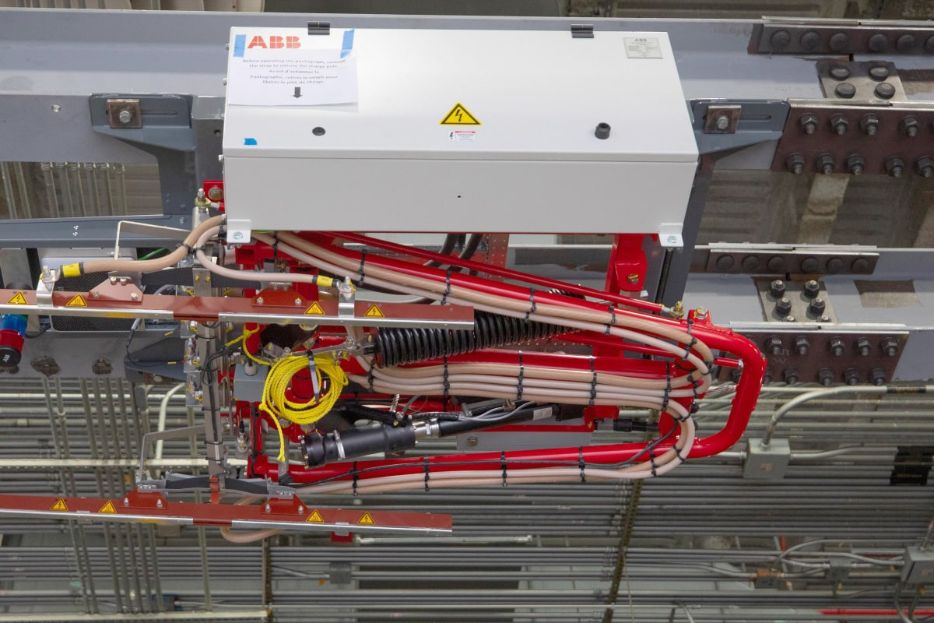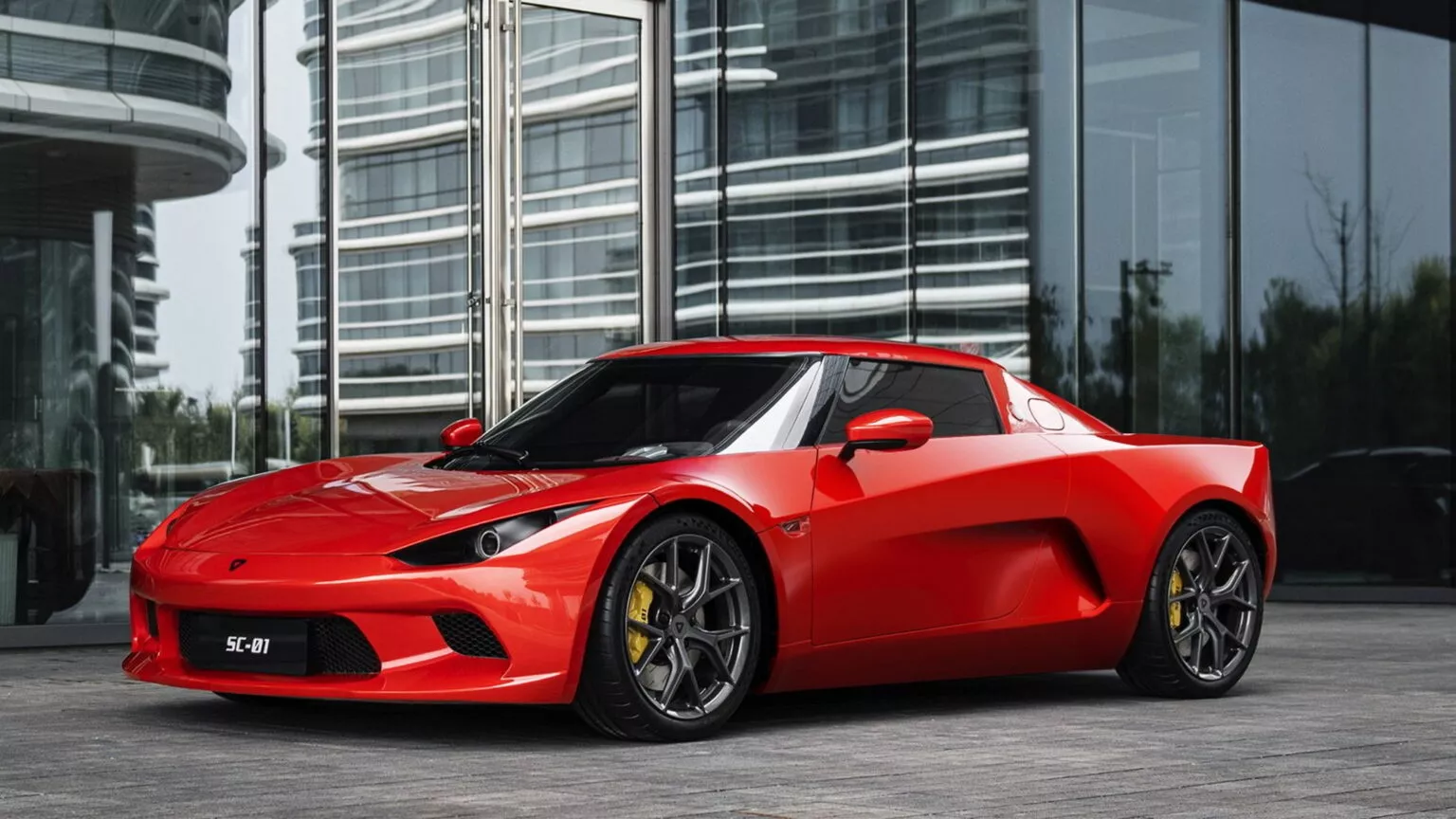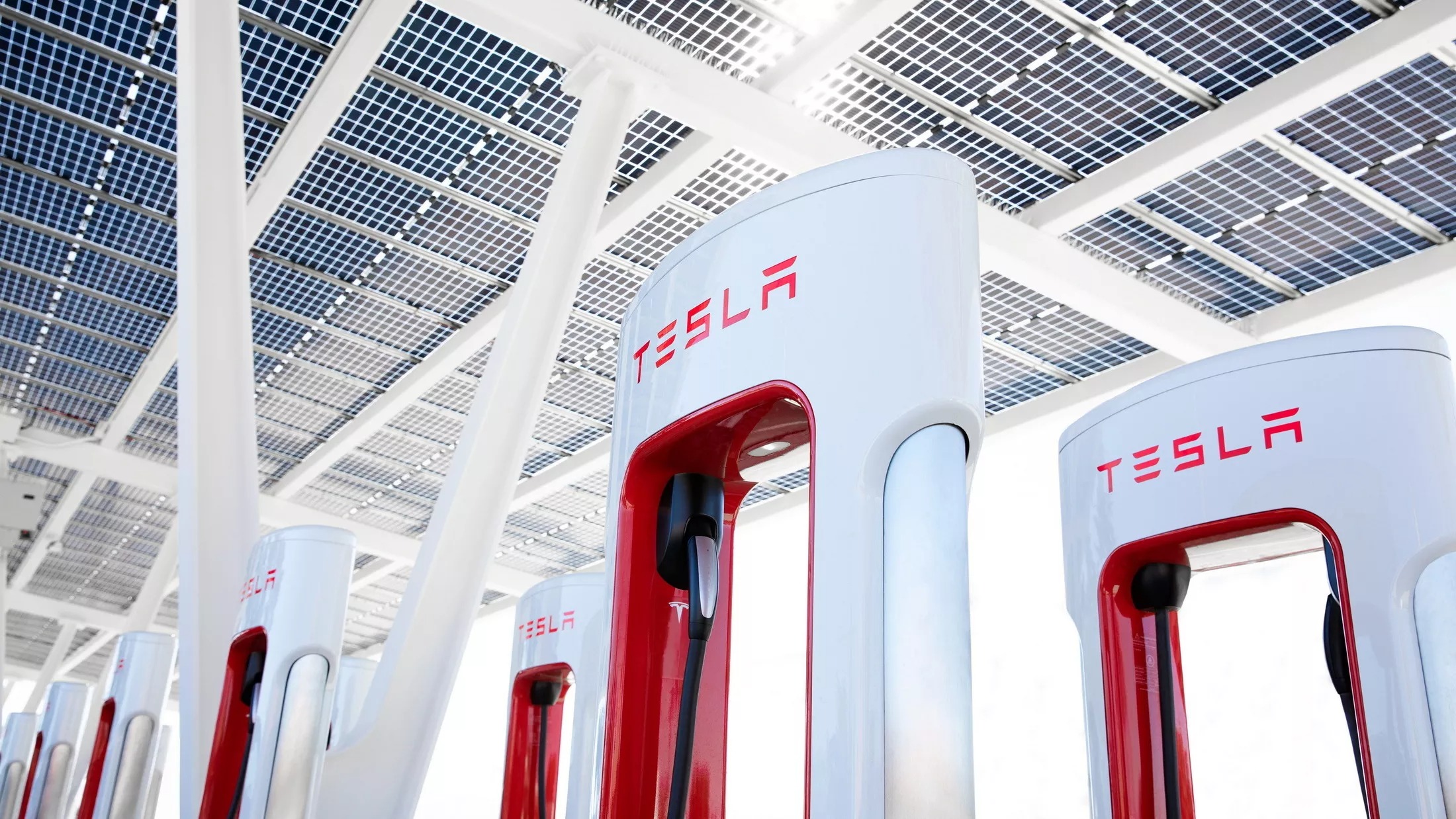The United Kingdom’s recent decision to delay the ban on new fossil fuel car sales has ignited a discussion on its potential impact on the electric vehicle (EV) transition. Despite evoking concerns from automakers about supply chain disruptions and investment uncertainty, UK Prime Minister Rishi Sunak, who faces a challenging election in 2024, defended the five-year extension to 2035, emphasizing it as a move “in the best interest of the country.”
Sunak cited a desire to alleviate the burden on those affected by the cost-of-living crisis, particularly those unable to afford the higher-priced EVs, as a motivation for the delay. However, industry analysts contend that this extension primarily introduces uncertainty into the investment landscape, a significant concern as British firms strive to attract investors in a post-Brexit environment.
Originally announced in 2020, the 2030 ban, championed by former Prime Minister Boris Johnson, was seen as a means to establish the UK’s global leadership in EVs. The UK’s target preceded the European Union’s 2035 ban, a crucial consideration given that a substantial portion of British-made cars are exported to EU markets.
Philip Nothard, UK insight and strategy director at car dealer services firm Cox Automotive, expressed his view, stating, “We should have adhered to the 2035 deadline from the outset, but its movement has been driven by political discourse. This timing sends the message that regulations can change again, complicating companies’ ability to manage their investment strategies.”
It is essential to note that the 2030 deadline had some degree of flexibility from the beginning. The government’s initial proposal, under a zero-emission vehicle (ZEV) mandate, dictated that car manufacturers must sell 80% fully electric vehicles (EVs) in the UK by 2030, allowing low-emission hybrids until 2035. The revised mandate, expected to be disclosed shortly, is anticipated to maintain the 80% EV target by 2030, with the remaining 20% consisting of a mix of fossil fuel models and hybrids until 2035.
While certain automakers have expressed reservations, Jaguar Land Rover welcomed the clarity the ZEV Mandate is expected to bring.
In 2022, approximately 1.6 million new cars were sold in the UK, representing just 2% of global sales, indicating the country’s limited influence on global figures. Global automakers have already made substantial commitments to electric mobility due to the increasing costliness of producing combustion engine vehicles while simultaneously investing heavily in EVs.
Andy Leyland, Managing Director of Supply Chain Insights, believes that the UK’s delay “won’t make much of a difference.” He contends that the legacy automotive industry must fully embrace electric vehicles to compete with manufacturers like Tesla and Chinese producers on cost.
Recent announcements from major automakers support this sentiment. Volvo Cars revealed its plan to cease production of diesel models in early 2024 as part of its strategy to become fully electric by 2030. Both Stellantis and Ford have committed to achieving 100% electric sales in Europe by 2030, which will inevitably lead to a reduced selection of fossil fuel models.
Adrian Keen, CEO of UK public EV charger provider InstaVolt, remains optimistic about the future of electric mobility. As EV prices decline, he anticipates continued consumer interest in EVs, allowing InstaVolt to adhere to its plans to install 10,000 chargers by 2030.
In contrast, Andy Palmer, former CEO of Aston Martin and Chairman of Slovak EV battery startup Inobat, expressed concern about the UK government’s lack of a long-term industrial strategy. Palmer’s company had considered building a battery plant in Britain but has shifted its focus to Spain due to Spain’s clear industrial strategy and investor-oriented approach.
In addition to these concerns, the UK faces potential “rules of origin” issues with its Brexit trade deal, which could result in a 10% tariff on EVs between the UK and the EU in 2024—a matter that the EU has shown little inclination to amend.
While the UK’s decision to delay the fossil fuel ban raises questions about stability, it appears to have realigned with EU regulations. Nonetheless, the immediate implications of the “rules of origin” issue continue to loom large.


